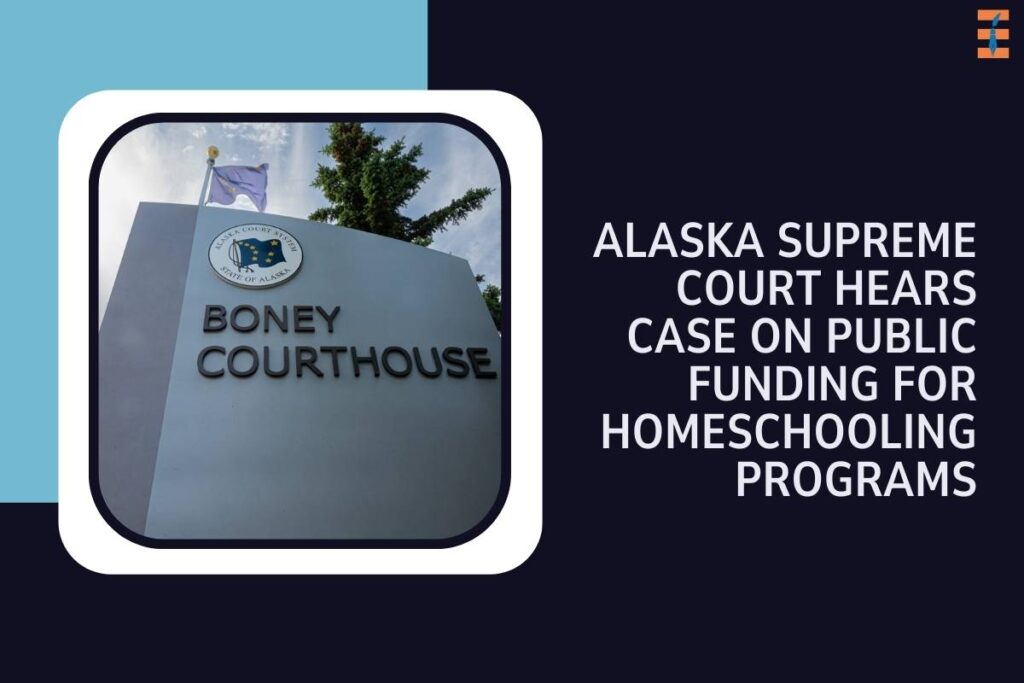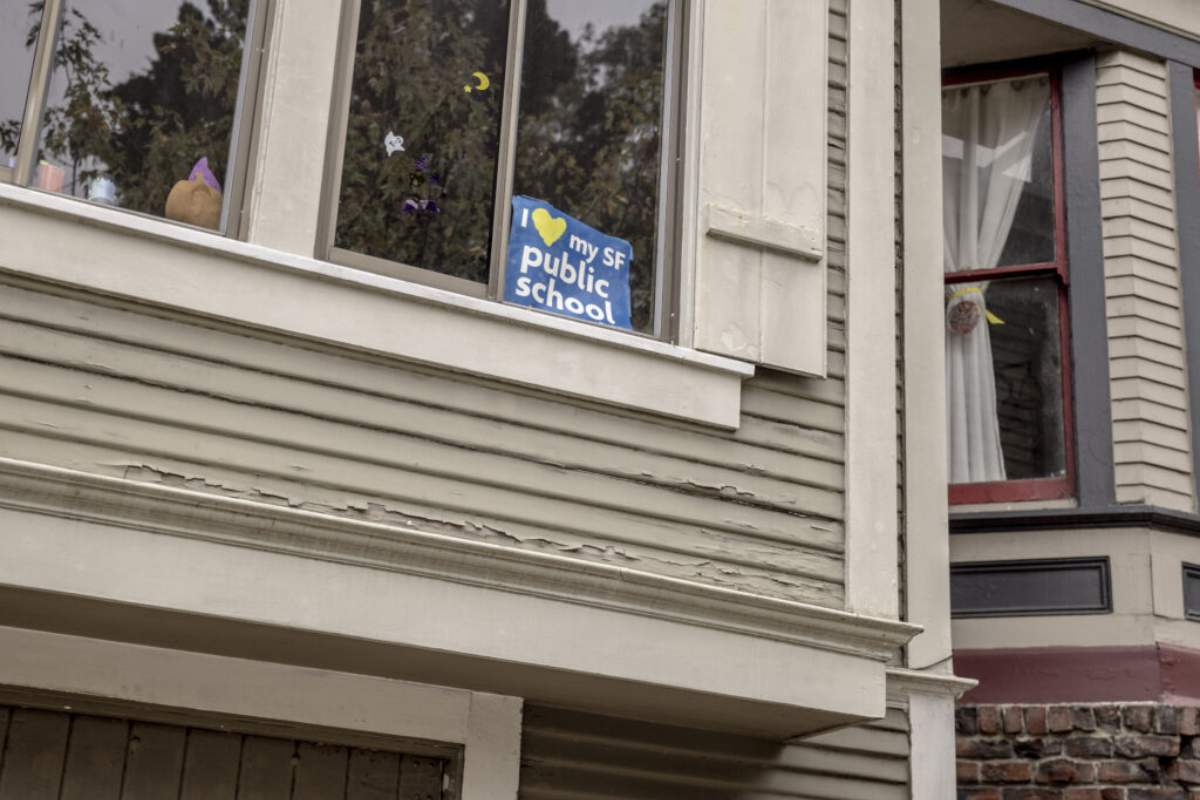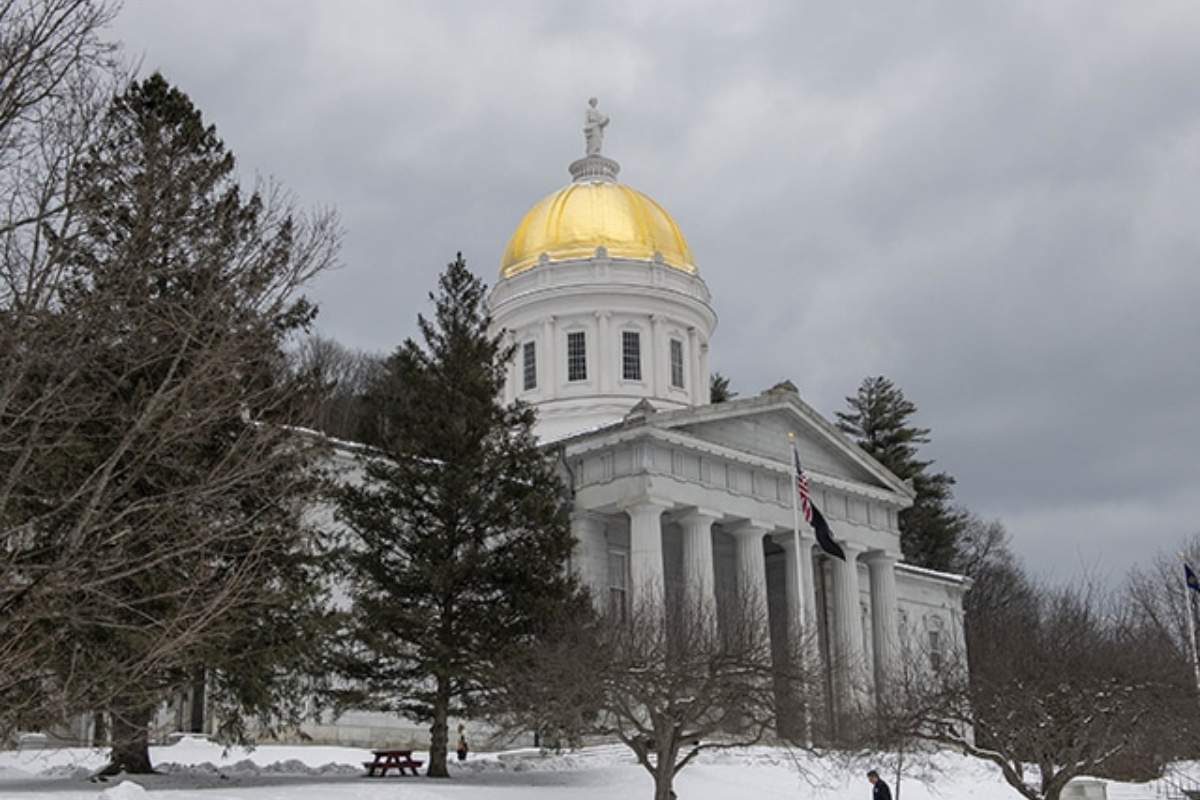On Thursday, the Alaska Supreme Court heard oral arguments in a pivotal case that may determine the future of the state’s publicly funded homeschooling programs, which currently serve over 22,000 K-12 students. The case centers on an appeal against a decision by an Anchorage Superior Court judge who earlier this year invalidated two state statutes governing Alaska’s correspondence programs. These statutes, initially proposed by Republican Governor Mike Dunleavy over a decade ago when he was a state senator, were found to violate a state constitutional prohibition on using public funds “for the direct benefit of any religious or other private educational institution.”
Alaska’s correspondence programs have traditionally allowed families to receive public funds to cover homeschooling-related expenses, such as curriculum and materials. For the 2023-24 school year, families could receive up to $4,500 per student. However, under Dunleavy’s proposed law, these funds were increasingly used to cover tuition costs at brick-and-mortar private schools, which plaintiffs in the case termed a “shadow voucher program.”
A group of parents and teachers filed a lawsuit against the Alaska Education Department last year, challenging this practice. In April, Superior Court Judge Adolf Zeman ruled in their favor, prompting Governor Dunleavy to announce that the state would appeal the decision to the Alaska Supreme Court and potentially to federal courts. Both Dunleavy and Alaska Attorney General Treg Taylor warned that Zeman’s decision could have far-reaching impacts on the state’s public education system, potentially restricting schools’ ability to purchase from private vendors. Zeman later clarified that his ruling specifically applied to state funds used for private school tuition.
Legal Arguments and State’s Defense
In their arguments before the Alaska Supreme Court, state attorneys did not focus on whether public funds should be used at private schools. Instead, they made a legal argument centered on the distinction between a “facial” and “as-applied” challenge. Elbert Lin, an outside attorney contracted by the state, argued that the lawsuit should have targeted individual school districts that allowed the funds to be used at private schools, rather than the Alaska Education Department as a whole. Lin suggested that an as-applied challenge would allow the court to address the issue more precisely without invalidating the entire statutes governing the correspondence programs.
Lin also contended that there was insufficient evidence to support the claim that correspondence allotments were widely used to pay for private school tuition. He argued that such evidence could only be gathered through lawsuits against specific school districts. Despite the state’s stance, the court also heard arguments from a group of Anchorage parents who had used correspondence allotments for private school tuition. These parents, represented by former Alaska Attorney General Craig Richards and attorneys from the Institute for Justice, asked the court to allow them to continue using these funds for private education.
Plaintiff and Intervenors’ Arguments
Scott Kendall, representing the plaintiffs, drew an analogy between the existing statute and a hypothetical law permitting school districts to segregate students by race or age, arguing that such laws would be inherently unconstitutional. Kendall asserted that the statute in question grants an unconstitutional power and should be struck down entirely.
When Justice Dario Borghesan inquired about the state’s stance on the constitutionality of using allotments for private school tuition, Lin replied that it “depends on the facts,” such as whether the expenditure was part of a student’s individual learning plan as required by the statute. Lin maintained that the state upheld a 2022 opinion by Assistant Attorney General Cori Mills, which stated that correspondence allotments could be used for some private school classes but not full tuition.
Kirby Thomas West, representing the intervening parents, argued that the U.S. Constitution protects the right of families to send their children to private schools and that the state should not prevent families from using homeschooling allotments for private school tuition. West referenced previous Alaska Supreme Court cases that ruled states allowing public funds for private schools cannot exclude religious institutions. However, the justices expressed skepticism, noting that Alaska’s constitution bans funding for all private schools, regardless of religious affiliation, and that correspondence programs are part of public education rather than a means to fund private schools. The court’s decision will have significant implications for the future of Alaska’s public and private education funding policies.
Also Read: Supreme Court Rejects College Affirmative Action Programs










